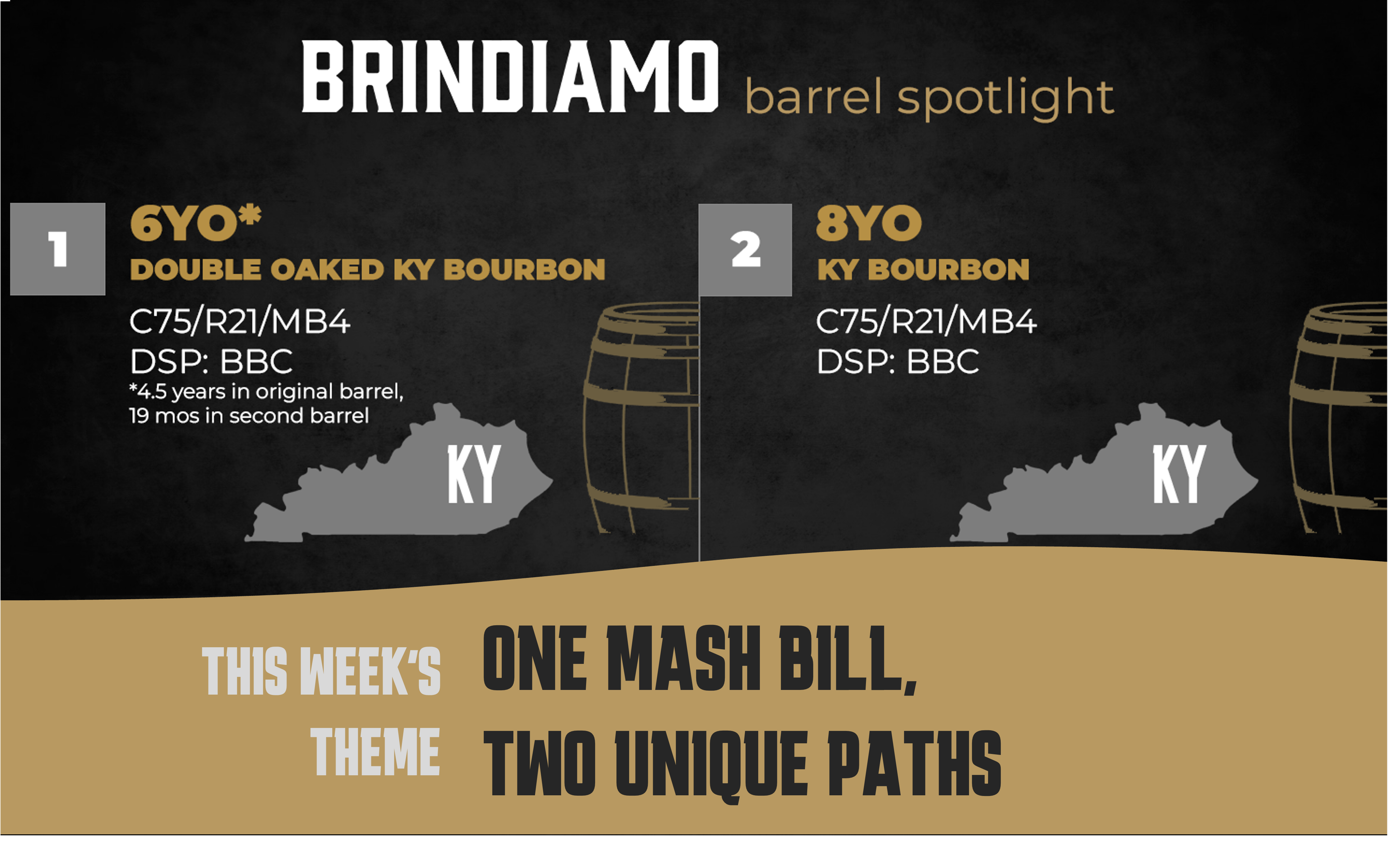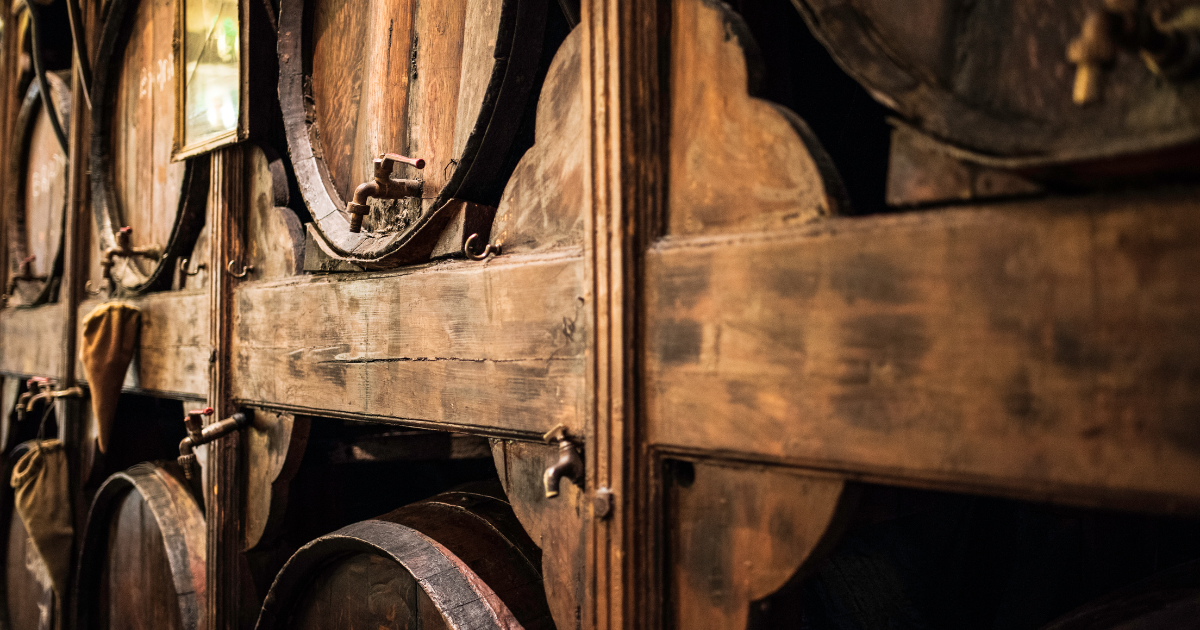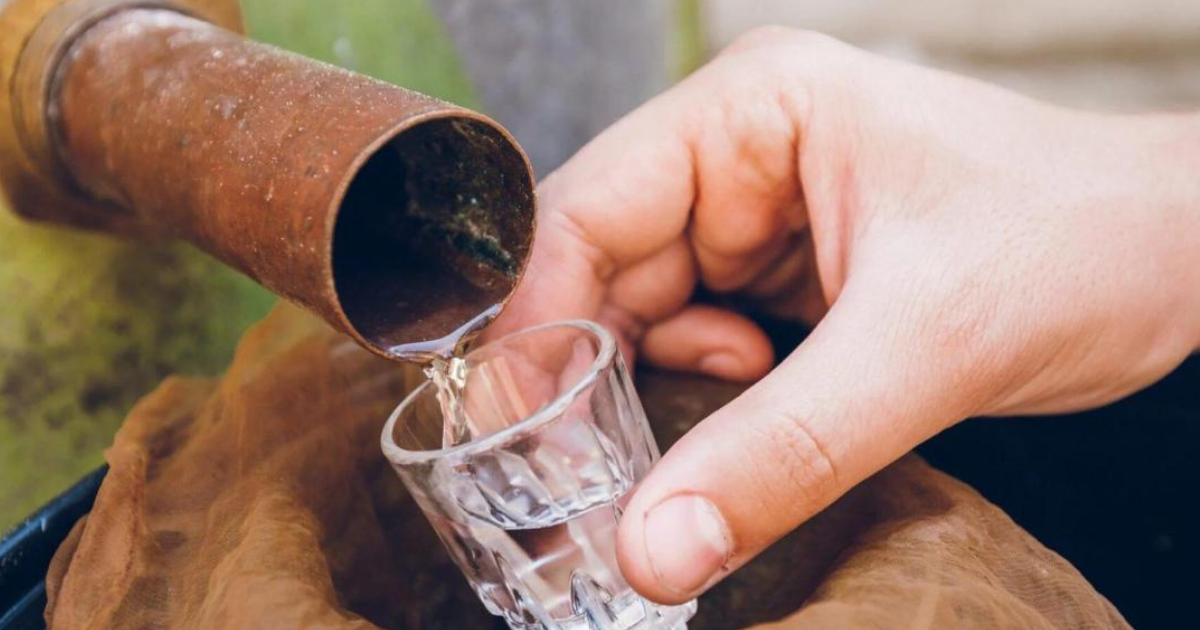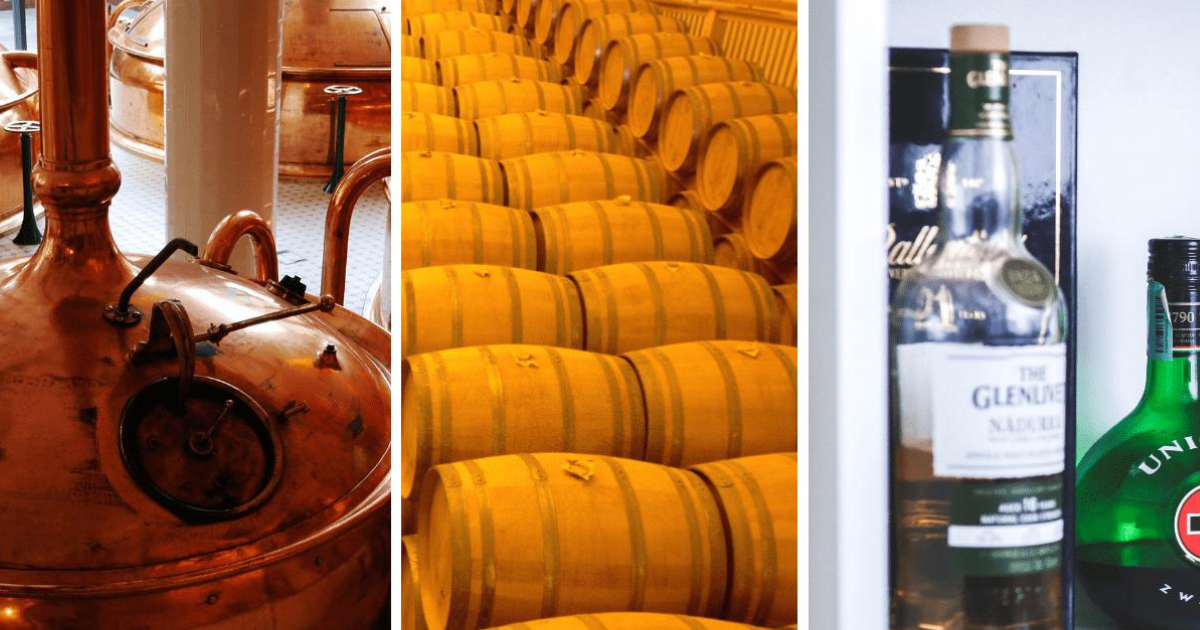Brindiamo Playback: The Content That Shaped the Whiskey Conversation in 2025
As we reflect on 2025, we wanted to take a moment to look back with you. This past year, our team published across more mastheads than ever before —...
.png)
Whether you have a keen interest in investing in whiskey or simply enjoy the spirit, there's no denying the fascinating distillation process that gives each beverage its unique character. Whiskey boasts a rich history and unparalleled distinction, with production spanning across the globe. Each country and region brings its own special recipe, blend, or name to the table. Let's delve deeper into the origins and various types of Whiskey.
The roots of whiskey can be traced back to Scotland, with historians dating its origins to the Mesopotamian era. However, it wasn't until the 11th and 13th centuries that whiskey began to take shape. Due to the limited grape production in Scotland and Ireland, locals turned to their abundant grain supply and creatively crafted whiskey. As people ventured to the Americas, the distillation process was brought along by the Irish, Scottish, and English travelers.
Single-Malt – Made with malt barley, water, and yeast.
Grain – Ingredients include corn, wheat, or both.
Blended – When whiskey is made from both a single-malt and grain whiskey.
Creating a product that you want to label as a Scotch, whiskey, or bourbon requires the recipe to follow a few guidelines. Bourbon needs to contain more than 51% corn. To be considered a rye whiskey, the mash needs at least 51% rye. Scotch is 100% malt barley. Appropriate labeling demands you to meet these requirements for development and whiskey investment. Once you do so, you can get creative with the recipe.
To be classified as Scotch, the beverage must be crafted in Scotland using malted barley. After undergoing double distillation in pot stills, the whiskey is aged in oak casks for a minimum of three years. Scotch is best enjoyed slowly, allowing drinkers to appreciate its unique flavor profile and rich tradition.
In comparison to Scotch, Irish Whiskey offers a smoother taste profile. To earn the title, it must be distilled in Ireland using a yeast-fermented grain or malted-cereal mash. The traditional distillation process involves triple distillation in a copper pot. Irish whiskey is commonly categorized into different groups:
Single-malt
Grain
Single-Grain
Blended
Single Pot Still
Rye whiskey must contain at least 51% rye in the mash. It is primarily distilled in America, where the grain is readily available. Rye, a type of grass, imparts a spicy, fruity flavor to the product after distillation. Achieving this flavor profile requires maturation for two years in charred barrels.
Bourbon enthusiasts savor the delightful sweetness derived from corn in this American spirit. To earn the bourbon name, the mash must consist of more than half grain. It's worth noting that bourbon is crafted in the USA without any additives, aged in charred oak casks, and distinguished by its smoky flavor with hints of reddish hues.
According to Tennessee law, any whiskey labeled as "Tennessee Whiskey" must be produced within the state. It follows the same 51% ratio to be classified as whiskey but includes additional steps. This includes the aging process in new charred barrels and filtration through sugar maple charcoal before entering the barrels.
Let's set the record straight: Bourbon is without a doubt a type of whiskey. Originating from America, Kentucky whiskey is commonly referred to as bourbon. The product of Kentucky bourbon is similar to Tennessee whiskey but does not require the sugar maple charcoal. It shares the same 80-proof alcohol content when bottled as Tennessee whiskey.
Out of all the whiskeys listed, this is the most unique. While reminiscent of Scotland’s style, the end product has a delicate, smooth body. Japanese whiskeys use double malted or z barley. They are aged in wooden casks and often perfumed with honey for sweetness.
Cask Strength – This information will let you know the proof of the whiskey. It’s a concentrated version that would require you to water it down.
Cooperage – The barrels used to age whiskey. Distillers would say about 70-80% of the taste is a reflection of barrel choice.
Dram – One shot of whiskey that you aren’t supposed to shoot.
Ethanol – Beverage alcohol.
Extractions – Whiskey absorbs flavor compounds from the barrels during maturation. This process is known as extraction.
Made By – Sometimes listed as “bottled by,” “made by” is not the same as “distilled by.”
Mash Bill – The different ratios of grains used to produce whiskey.
Oxidation – The wood used to construct the barrels is porous. As the whiskey matures, the air intermingles with the liquid, slowly burning off some of the alcohol. Before whiskey goes into a barrel, it’s around 125 proof. After it’s completed, it’s 80 proof.
Whiskey/Whisky – The spelling depends on the location of production. America and Ireland spell it with an “E.” All others, like Scotland and Japan, spell it whisky. It’s the same concept regardless of spelling.
Knowing how to find the right barrels to blend for a perfect product is challenging in today’s climate. Whiskey’s popularity is so high that it requires industry experts like Brindiamo Group to source products. Contact us to learn more.

As we reflect on 2025, we wanted to take a moment to look back with you. This past year, our team published across more mastheads than ever before —...

Welcome back to the Brindiamo Barrel Spotlight, our weekly email series highlighting the barrels, distilleries, and market dynamics shaping today’s...

The market for bourbon barrels is bifurcated. Over the course of the last 24 months, the conversation has shifted from how to find whiskey to how to...

Whiskey has long been revered not just for its rich flavors and complex aging process, but also as a lucrative investment. Over the past decade,...

Alcohol-related startups have a plethora of research ahead of them. From sourcing whiskey to determining its desired taste, considering branding, and...

For anyone looking to produce, sell, import, or supply alcohol, understanding the 3-tiered system is crucial. Following the prohibition era, the U.S....
Join the conversation
Leave a comment below.